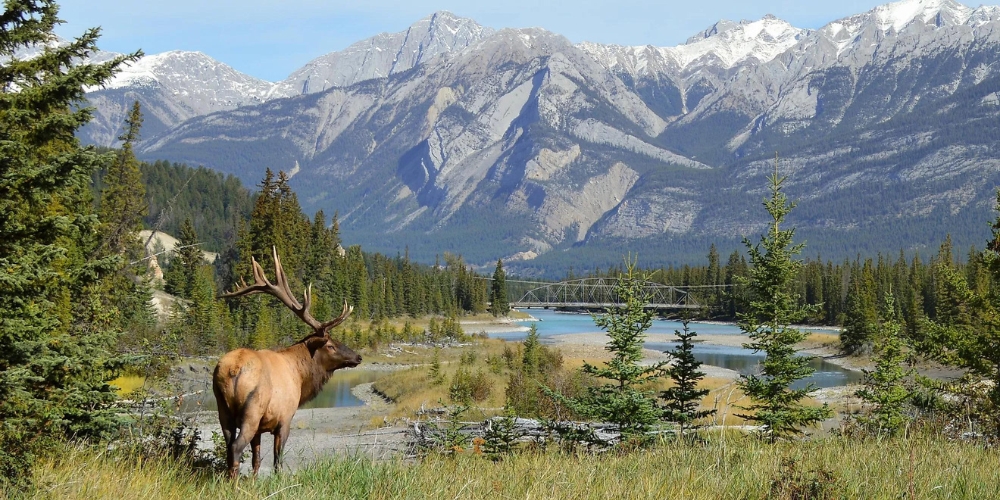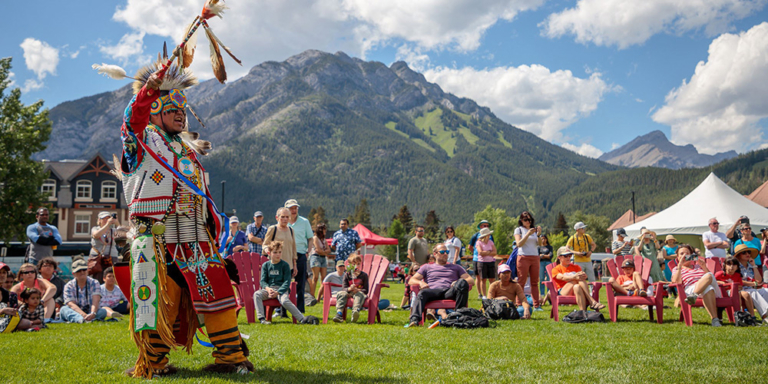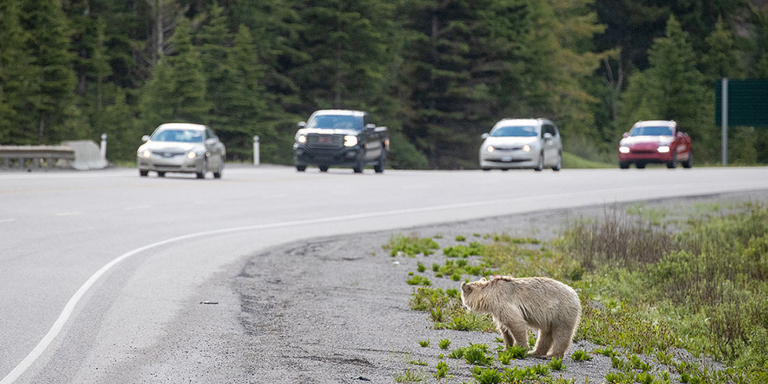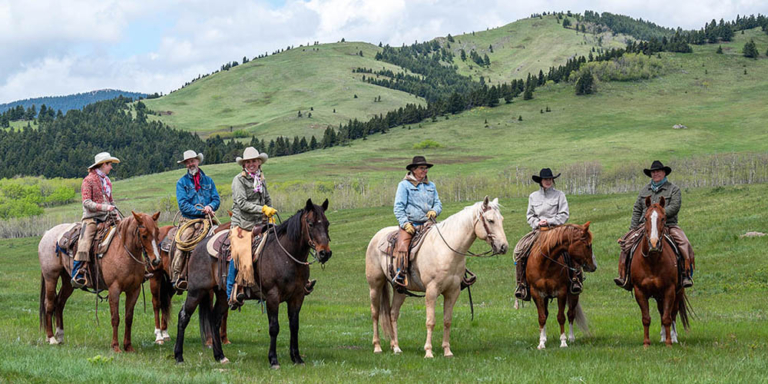Parks Canada has signed a unique agreement with a couple of First Nations in Alberta and British Columbia that is intended to reopen national parks to First Nations and establish an Indigenous voice in parks management.
The agreement with the Stoney Nation and Simpcw First Nation marks the renewal of an age-old treaty between the two First Nations. All parties hope it represents a step towards stronger Indigenous representation in parks management.
The two Nations signed a treaty in 1895 to share each other’s hunting grounds. Every four years, the Stoney Nation and Simpcw Nation would renew their pact with each other until 1907, when Jasper National Park was established.


However, the establishment of Jasper National Park ended more than their mutually beneficial treaty.
When Canada created the park, Indigenous Peoples were forcibly removed and excluded from their traditional territories.
The Canadian government of the day blocked access, banned the People from harvesting plants and animals, and prevented them from holding gatherings and accessing cultural sites.
The region’s Indigenous Peoples were forcibly disconnected from a vital part of their identity. The landscapes valued and protected by the First Nations, including mountains and rivers, were given new names.
Indigenous camps, homesteads, and cabins were destroyed.
Local Indigenous Peoples have cared for the parklands long before the Canadian government started thinking about conservation. They protected the land, believing that humans must remain in balance with the ecosystems they rely on.
Parks Canada’s latest agreement reflects this same belief.
“Parks Canada is building up to 2.4 million visitors now, and you’ve got animals going extinct. You’re not managing properly. Maybe we as First Nations decide what the carrying capacity is for that park,” Chief Lampreau of the Simpcw First Nation told the Calgary Herald about Jasper’s caribou.
The new agreement will open the door to harvesting in Jasper National Park for First Nations. Yes, that means picking plants and hunting animals.
The deal will be marked with a hunt. The First Nations are hoping to hunt six deer, four elk, and two sheep that will be used for a community feast. The feast will begin with a pipe ceremony on October 28.


The pipe ceremony is very sacred to First Nations and has been used to open negotiations between different Nations in the past.
The agreement was a long time coming.
Work to reestablish traditional Indigenous practices in Jasper National Park began in 2005 with the formation of the Indigenous Working Group. The work done by this group allowed Indigenous Peoples to harvest medicines and reconnect to the mountains for healing.
“We’ve done that, and then the only thing that was missing was harvesting the food,” Barry Wesley of the Stoney Nation told Town and Country Today.
According to Parks Canada spokesperson Mark Young, it is still being determined whether this will be an annual hunt. The agency and First Nations will need to work together to decide on how to incorporate Indigenous hunting sustainably.
During the hunt, the area will be closed to ensure public safety.
While this agreement is a step in the right direction, it is one of many steps that need to be taken to rebuild relations with First Nations in Alberta and across Canada.






